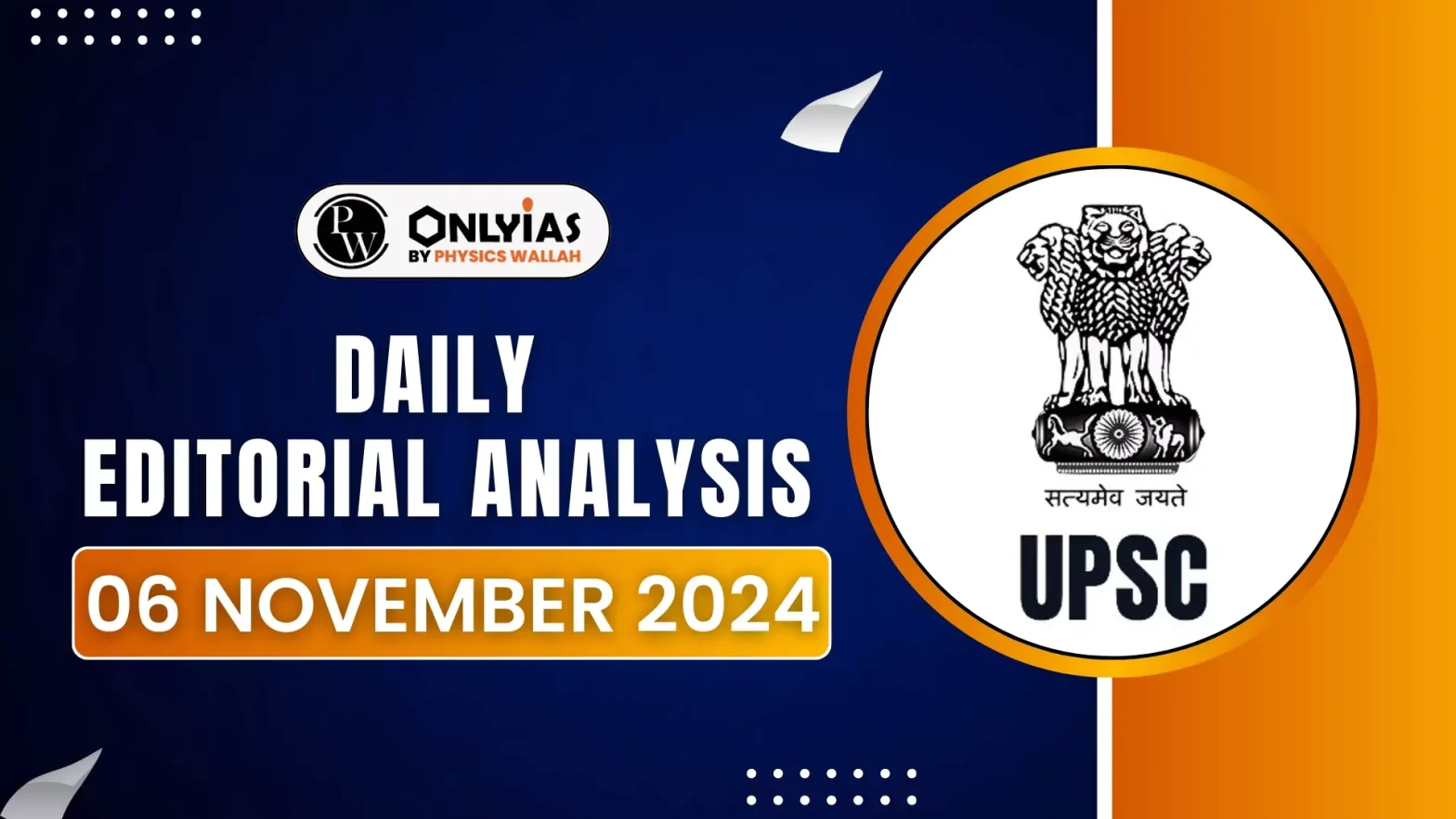In India, the protection of biometric data through the Aadhaar Act has sparked debate on its use for identifying deceased individuals, particularly in cases where families are untraceable. However this raises a critical issue of balancing privacy rights with the need for dignity.
The Role of UIDAI Regulations in Privacy Protection
- The Unique Identification Authority of India (UIDAI) enforces stringent regulations to safeguard individuals’ right to privacy and prevent misuse of personal data.
- Typically, access to Aadhaar’s biometric and demographic information is restricted, including for law enforcement.
- Section 33(1) of the Aadhaar Act allows disclosure of limited information by a court order from a High Court or higher.
- However, Sections 29(1) and 33 strictly prohibit sharing core biometric data—fingerprints and iris scans—under any circumstances, ensuring that individual privacy is prioritised.
Enroll now for UPSC Online Classes
A Legal Dilemma
- While the right to privacy is essential, certain investigations—especially those involving unidentified deceased persons—face a unique dilemma.
- Access to biometric data, such as fingerprints, could significantly aid in the identification of unknown bodies, fulfilling the constitutional right to dignity in death.
- Indian courts have underscored the importance of dignified treatment of deceased individuals, ruling on matters like humane handling of bodies post-execution and respectful repatriation of migrant worker remains.
- Balancing privacy with the right to dignity in death highlights a complex conflict within the right to life.
Unidentified Bodies and the Challenges They Pose
- Cases of unidentified bodies often involve individuals from economically disadvantaged backgrounds, daily wage earners, migrants, or those with limited family ties.
- These individuals are frequently vulnerable to inadequate representation within the criminal justice system.
- When they pass away far from home, without identification, the chances of family notification and dignified last rites diminish.
- Police face difficulties in identification, as these bodies are typically those of homeless individuals, migrant laborers, accident victims, or individuals with mental health challenges, often found without identification documents or mobile phones.
- The standard process for unidentified bodies includes photographing the body, noting distinguishing features, gathering evidence, analysing CCTV footage, and matching fingerprints against criminal records.
- However, this process becomes inadequate due to the limited and often non-digitized fingerprint databases available for police use.
Limitations in the Current Database System
- Fingerprint databases accessible to law enforcement are typically limited to records of known offenders.
- Many states have not fully digitised these records, which hampers the efficiency of cross-referencing and delays investigations.
- Access to a more comprehensive database, such as Aadhaar, would expedite identification, enable last rites to be conducted by families, and allow for timely pursuit of investigations, especially in homicide cases.
- However, the strict Aadhaar Act provisions against sharing core biometric data present a barrier.
International Comparison: Identification Mechanisms in the United States
- In the United States, law enforcement agencies can access advanced identification tools like the Deceased Persons Identification (DPI) Services.
- DPI leverages algorithms and access to extensive databases, including those of Homeland Security and the Defense Department.
- This system offers valuable insights into the feasibility and ethical considerations of allowing police limited access to biometric data to identify deceased persons.
|
Need for Re-evaluation of Biometric Access
- Aadhaar Act’s biometric data restrictions are crucial for privacy, they could be reconsidered in cases involving the identification of deceased individuals.
- Granting limited access to deceased persons’ biometrics based on a First Information Report (FIR) could be justified.
- Such access would not require a High Court order, as per Section 33, but instead could be authorised by a jurisdictional judicial magistrate, lessening the burden on higher courts and enabling timely resolution in cases without privacy concerns.
Check Out UPSC NCERT Textbooks From PW Store
Conclusion
Identifying unknown deceased persons serves a constitutional duty by respecting the right to life and dignity beyond death. This is particularly important for economically disadvantaged or marginalised individuals who face systemic barriers in the criminal justice system. This approach to identification would not only support families in grieving but also uphold constitutional values by providing respectful treatment of the deceased, regardless of social or economic background.
![]() 6 Nov 2024
6 Nov 2024
